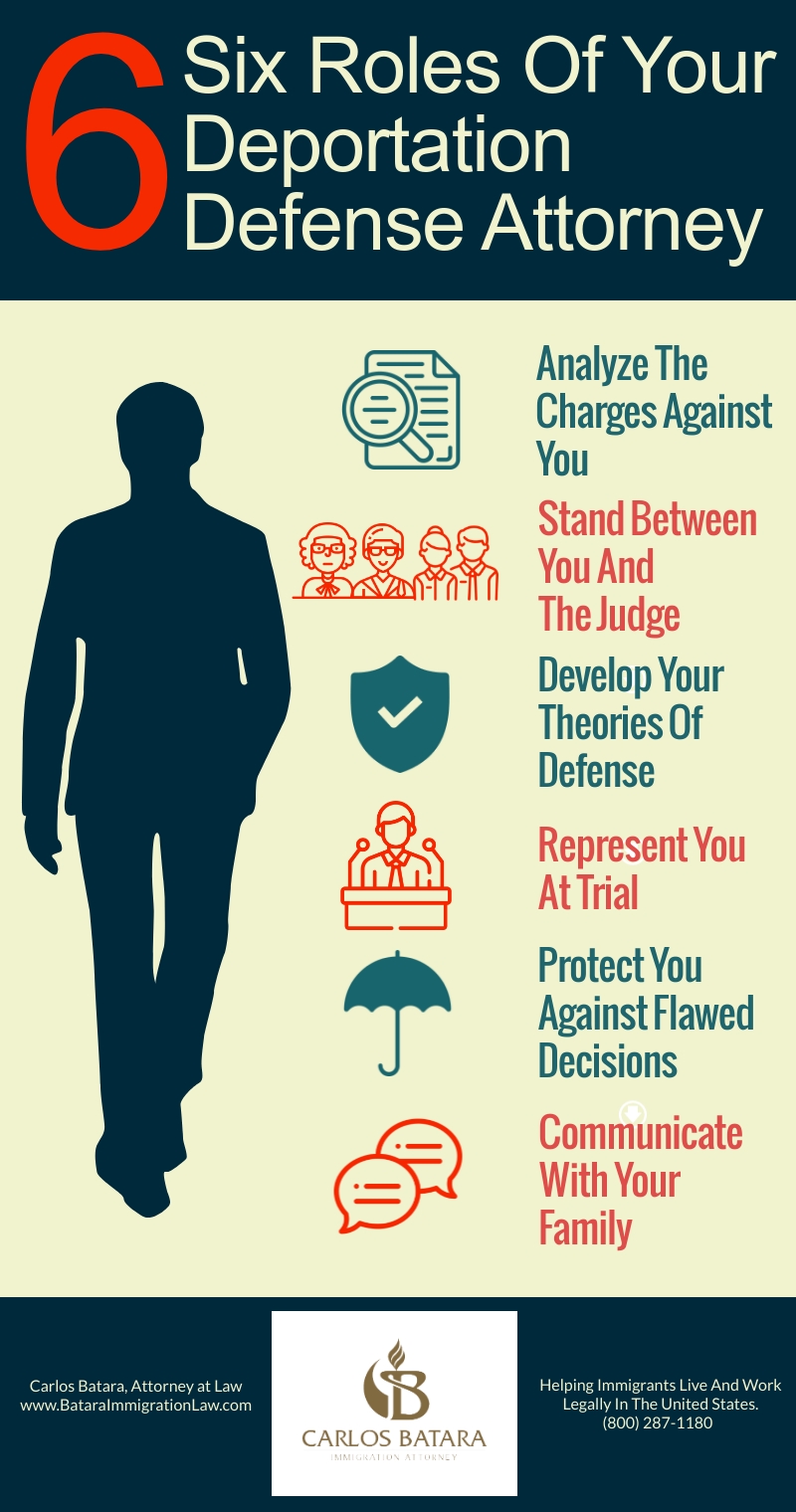
Immigrants are often their own worst enemy.
Many, trapped in immigration court proceedings, ignore the difficulties ahead. They fail to appreciate how deportation lawyers are crucial to their success.
Each year, deportation defense becomes tougher.
Not only are deportation rules stiffer. Court procedures are tighter. And judges are stricter than ever before.
Yet, over 63% of immigrants go to Immigration Court alone.
This is a recipe for disaster.
Protecting immigrants against removal is one of the most difficult jobs today.
Yet, with proper preparation and a little good luck, you can win hard cases.
Why Immigration Court Trial Attorneys Are Vital To Your Success Against Deportation
Too many news stories paint a bleak picture of the immigration process.
Some immigrants believe that once apprehended by government agents, the die is cast. Having watched strangers deported on the news, they think the future is doom and gloom.
They feel overcoming deportation charges is impossible. They fear a similar outcome is pre-ordained.
This view is far from the truth. Even if you are not a permanent resident, do not fall into the trap of assuming defeat is automatic.
Yes, the reality is once served a Notice To Appear at immigration court, the odds of winning are far less than 50-50.
But that does not mean you cannot be one of the fortunate ones.
Significant differences may exist between your case and the ones you heard about on the news.
Perhaps the person removed from their home was deported several years ago.
Maybe the individual had earned a green card but was later convicted for a violent crime.
Nonetheless, even when immigrants have good cases, there are no guarantees.
Victory is a privilege, not a right.
Judges can think that you are a person with good moral character but still decide to deport you.
A Few Key Facts To Understand About Immigration Court Hearings
The defense of immigrants in removal proceedings is further complicated by the number of active cases.
Immigration courts are inundated: too many cases and too little time.
There are almost 1,000,000 backlogged deportation matters. But there are only 63 immigration courts and about 400 immigration judges.
Moreover, 92% of all hearings require an interpreter.
Against this backdrop, an immigration trial lawyer brings several advantages to your case.
These advantages may make the difference between winning and losing.
The Six Roles Of Your Deportation Lawyer
Here are six roles of a deportation defense lawyer to think about before you decide to go to court alone.

1. Analyze The Charges Against You
In the Notice To Appear, the government lists the reasons they believe you are deportable. This includes a summary of your immigration history, status, and violation.
Your lawyer’s job is to study these allegations, with an eye toward spotting (a) mistakes about your history, (b) errors about your status, and (c) discrepancies about the alleged violation.
A single inaccuracy can cause your claim for relief to be denied. A single blunder can lead to your removal from the United States. An immigration trial attorney is to prevent such outcomes.
2. Stand Between You And The Judge
Immigration judges are under pressure to complete cases as fast as possible. They take a quick look at applications, searching for errors and omissions. They presume documents filed by the goverment are inherently reliable. Instead of hearing from all witnesses, many prefer written statements instead of actual testimony.
As a result, relevant information is sometimes excluded from the court’s deliberations.
An experienced trial lawyer will ensure the protection of your due process rights. Your attorney’s role is to present your evidence and the merits of your case in full.
3. Develop Your Theories Of Defense
Many immigrants qualify for programs unknown to them.
They are usually overlooked by individuals without lawyers. For instance, a program may have existed for immigrants from certain countries. Now it is no longer valid. Yet, the old law may still apply to long term residents.
Or many years ago, a family member or employer filed a petition on your behalf. Although it does not entitle you for benefits today, it might open a new door of immigration relief. Laws change over time.
Sometimes old and new rules overlap in unintended ways. When they do, creative opportunities to win permanent resident status may be born.
An immigration trial lawyer will know if earlier regulations can still help you fight the removal charges against you.
And it is possible to win hard cases.
4. Represent You At Trial
Everything counts at an immigration trial. How you prepare your application for relief will influence every step of the process. Many times deserving, honorable immigrants destroy their chances with poorly presented evidence.
Disorganized information confuses judges trying to grasp a full view of the strengths of a client’s case. Your deportation attorney’s job is to prevent these mistakes before they happen.
Your lawyer is also your voice in the courtroom.
- Ensure all pieces of important evidence are fairly considered by the judge? Check.
- Object to improper evidence filed by the government? Check.
- Cross-examine biased witnesses presented by opposing counsel? Check.
- Present closing arguments to set the legal framework for the final decision? Check.
5. Protect You Against Flawed Decisions
Immigration judges will not create law. If appellate courts have interpreted rules a certain way in the past, a judge is going to do things the same way. The decisions of the Attorney General or Board of Immigration Appeals are absolute.
Further, it is not uncommon for judges rushed to issue rulings, to miss critical differences between earlier cases and yours. These miscalculations can lead to defeat and family separation.
A deportation lawyer with immigration appeals experience will know how to protect your right to fight misguided decisions at a higher court.
6. Communicate With Your Family
Your journey through the deportation system is likely to be hard on your loved ones.
Your family will worry about the big decisions that defendants must make.
Your trial lawyer can provide your family with insights about what to expect. Tips about what types of evidence can improve your chances for success. Guidance about giving testimony in court before the judge.
Although your deportation attorney cannot get rid of their anxiety, he can reduce their fears about the immigration court process.
Conclusion
Immigration law is a maze within a maze.
Your deportation case may look simple. Most are not.
And the tougher your case, the more you need the help of an immigration trial attorney.
The decision – whether to hire a lawyer or go it alone – could make the difference.
The difference between winning and losing.
If keeping your family together in the U.S. is your goal, don’t be your worst enemy.
Think long and hard about whether an immigration trial attorney is vital to your defense.
Then make your choice.
Ready to take a serious and honest look at the strengths and weaknesses of your immigration case? Let’s get started with a personalized strategy and planning consultation . . .




